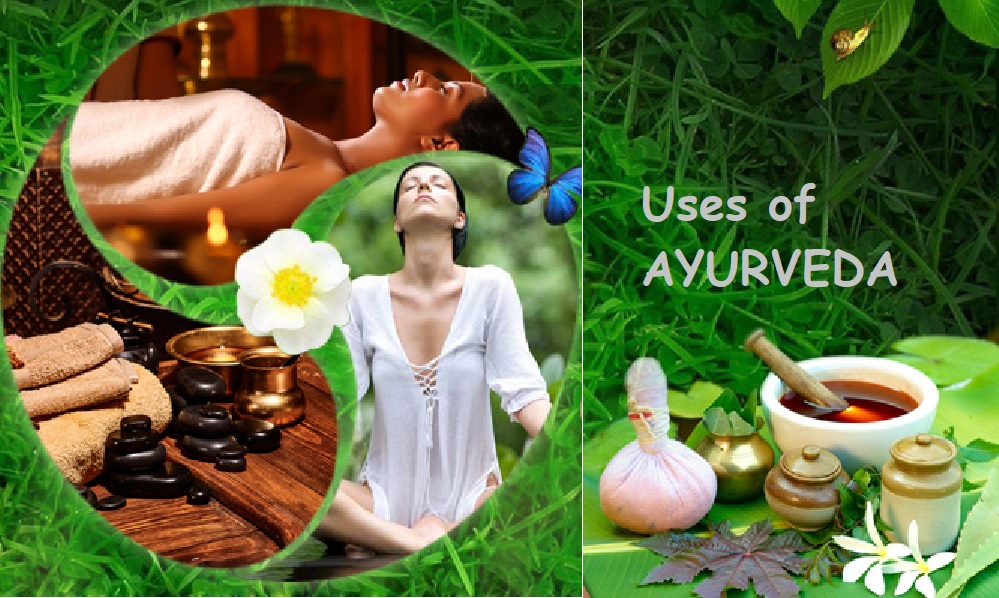Discover techniques to unwind and return to sleep.
Experiencing nighttime anxiety, possibly due to such as nocturnal panic attacks or a rapid heartbeat, can disrupt sleep patterns and hinder returning to rest. Anxiety and sleep are interconnected, with anxiety exacerbating sleep disorders like insomnia, and poor sleep worsening anxiety. Implementing strategies such as engaging in relaxing activities until sleep returns or exercising earlier in the day can aid in returning to sleep and enhancing overall well-being.
Triggers for Nocturnal Anxiety
Challenging life circumstances and anxiety can amplify mental activity, inducing a state of heightened mental and emotional arousal known as hyperarousal. Consequently, the equilibrium of your fight-or-flight response, the body’s automatic reaction to stress, can be disrupted.
Typically, upon awakening in the morning, the brain releases increased levels of noradrenaline (norepinephrine), a hormone associated with the fight-or-flight response and certain wakefulness-promoting brain functions.
Apart from an interrupted fight-or-flight reaction, nocturnal anxiety may arise from the following factors:
Daytime stress:
Experiencing stress throughout the day is linked to disturbed sleep patterns at night, especially for individuals whose sleep is particularly susceptible to stress.
Mental health conditions linked to anxiety or stress:
Disorders such as generalized anxiety disorder and post-traumatic stress disorder can also trigger or exacerbate sleep disturbances.
Lack of sleep:
Deprivation of sleep at night can lead to a sudden rise in noradrenaline levels. Consequently, you may awaken abruptly with nocturnal anxiety and struggle to return to sleep.
Signs of Anxiety
The manifestations of anxiety can differ based on the specific disorder. Nonetheless, common symptoms may encompass:
*Challenges with focus or managing worrisome emotions
*Quick exhaustion
*Sense of impending doom
*Unfounded concerns
*Agitation
*Restlessness or heightened tension
*Sleep disturbances
*Muscle tension
*Tremors or shaking
You may also encounter nocturnal panic attacks, which occur during the night. These episodes can abruptly awaken you.
Common Indicators of a Panic Attack may include:
*Cold or hot sensations Lightheadedness,
*Sensation of faintness Increased,
*Heart rate Sensations of fear and loss of command *Nausea or stomach discomfort
*Tingling or numbness in the body
*Persistent
*Intrusive anxieties Breathlessness
*Chest discomfort
*Labored breathing
*Perspiration
Adverse Effects
The intimate connection between anxiety and sleep can give rise to a potentially endless cycle. Awakening with stress, apprehension, and anxiety can impede the return to sleep. Consequently, the inability to quiet the mind and slip into slumber further exacerbates anxiety.
Experiencing anxiety, a stress-related condition such as PTSD, or a sleep disorder can disrupt your rapid eye movement (REM) sleep. REM sleep plays a crucial role in emotional processing, facilitating adaptation to fearful or stressful situations by diminishing emotional responses during recollection. If anxiety interferes with REM sleep, you may spend less time recuperating from emotional experiences.
Tips for Preventing Nighttime Anxiety
Improving sleep often involves mitigating anxiety.
Various approaches can aid in managing anxiety and stress:
Anxiety Management Techniques:
Redirecting Anxiety: Engaging more actively in community activities, such as volunteering or assisting neighbors, can divert attention from stress and anxiety.
Exercise: Research indicates that physical activity can alleviate symptoms of anxiety disorders. Regular exercise in the morning and afternoon can also enhance sleep quality.
Meditation: Practices like deep breathing and progressive muscle relaxation (PMR), where tension is sequentially released from different body areas, can promote relaxation.
Seeking Professional Help: If you suspect an anxiety or stress disorder, consulting a psychiatrist or therapist is advisable. They can offer treatments such as medications and therapy.
Relaxation Activities: Establish a bedtime routine comprising soothing activities to unwind from the day. Consider options like listening to music, reading, journaling, or taking a bath.
Task Management: Organize daily responsibilities by jotting them down. Break daunting tasks into smaller, manageable steps and prioritize essential activities.
Ways to Soothe Nighttime Anxiety
Consider these strategies to restore calmness and ease back into sleep. Try these suggestions:
Adjust your surroundings: Create a comfortable sleeping environment conducive to rest. Ensure your space is cool, dimly lit, and quiet, with supportive bedding.
Avoid clock-checking: Refrain from glancing at the time if you’re struggling to sleep. Clock-watching can exacerbate anxiety and perpetuate sleep disturbances.
Establish a screen-free zone: Minimize electronic device usage in bed to avoid stimulation. Keep phones and laptops away to promote relaxation.
Engage in relaxing activities: If unable to sleep after 15 minutes, relocate to another room briefly. Engage in calming activities like reading or breathing exercises before returning to bed.
Adjust lighting: Diminish disruptive blue or white lights in your environment. Opt for warmer hues like yellow, orange, or red to minimize sleep disturbances.
Write about upcoming tasks: Address racing thoughts by jotting down future responsibilities. Studies suggest this practice can aid in faster sleep onset compared to other writing exercises.
When to Seek Medical Attention
Given the potential exacerbation of anxiety by sleep disturbances, it’s crucial to recognize when professional assistance is warranted. Anxiety disorders are prevalent, affecting approximately 30% of adults at some stage.
If experiencing anxiety coupled with sleep disruptions, it’s advisable to consult a healthcare provider for diagnosis and treatment options. They can offer personalized strategies for managing your condition, ranging from therapy to medication.
Brief Overview
Waking up with anxiety can impede your ability to return to sleep, exacerbating worries and fears as you lie awake. Whether stemming from a mental health condition or occasional stress, effectively managing anxiety and finding methods to promote restful sleep are vital for overall well-being. Monitor your sleep patterns closely, and if you suspect a mental health disorder, don’t hesitate to seek guidance from a healthcare professional.
In the Nutshell
In conclusion, feeling anxious upon waking up at night can be distressing and disruptive to one’s sleep and overall well-being. Here’s a summary of considerations and strategies to address this issue:
- Recognize the Root Cause: Understanding the underlying reasons for nighttime anxiety is essential. It could be related to stress, unresolved worries, or underlying mental health conditions such as anxiety disorders.
- Implement Relaxation Techniques: Practice relaxation techniques such as deep breathing, progressive muscle relaxation, mindfulness meditation, or visualization exercises before bedtime to promote calmness and reduce anxiety levels.
- Establish a Bedtime Routine: Establishing a consistent bedtime routine can signal to your body that it’s time to wind down and prepare for sleep. This routine may include activities such as reading, taking a warm bath, or listening to soothing music.
- Create a Comfortable Sleep Environment: Ensure your bedroom is conducive to sleep by maintaining a comfortable temperature, minimizing noise and light disruptions, and investing in a supportive mattress and pillows.
- Limit Stimulants Before Bed: Avoid consuming stimulants such as caffeine, nicotine, or heavy meals close to bedtime, as these can disrupt sleep and exacerbate feelings of anxiety.
- Address Underlying Stressors: Identify and address any underlying stressors contributing to nighttime anxiety, whether they’re related to work, relationships, or personal concerns. Seek support from friends, family, or a mental health professional if needed.
- Practice Sleep Hygiene: Practice good sleep hygiene habits, such as maintaining a consistent sleep schedule, limiting screen time before bed, and creating a relaxing bedtime environment free of electronic devices.
- Seek Professional Help if Needed: If nighttime anxiety persists despite self-help strategies, consider seeking support from a healthcare professional or mental health therapist who can provide personalized guidance and treatment options.
By addressing nighttime anxiety proactively and implementing strategies to promote relaxation and better sleep quality, individuals can improve their overall sleep experience and enhance their mental and emotional well-being. It’s essential to prioritize self-care and seek professional help if needed to address any underlying issues contributing to nighttime anxiety effectively.






